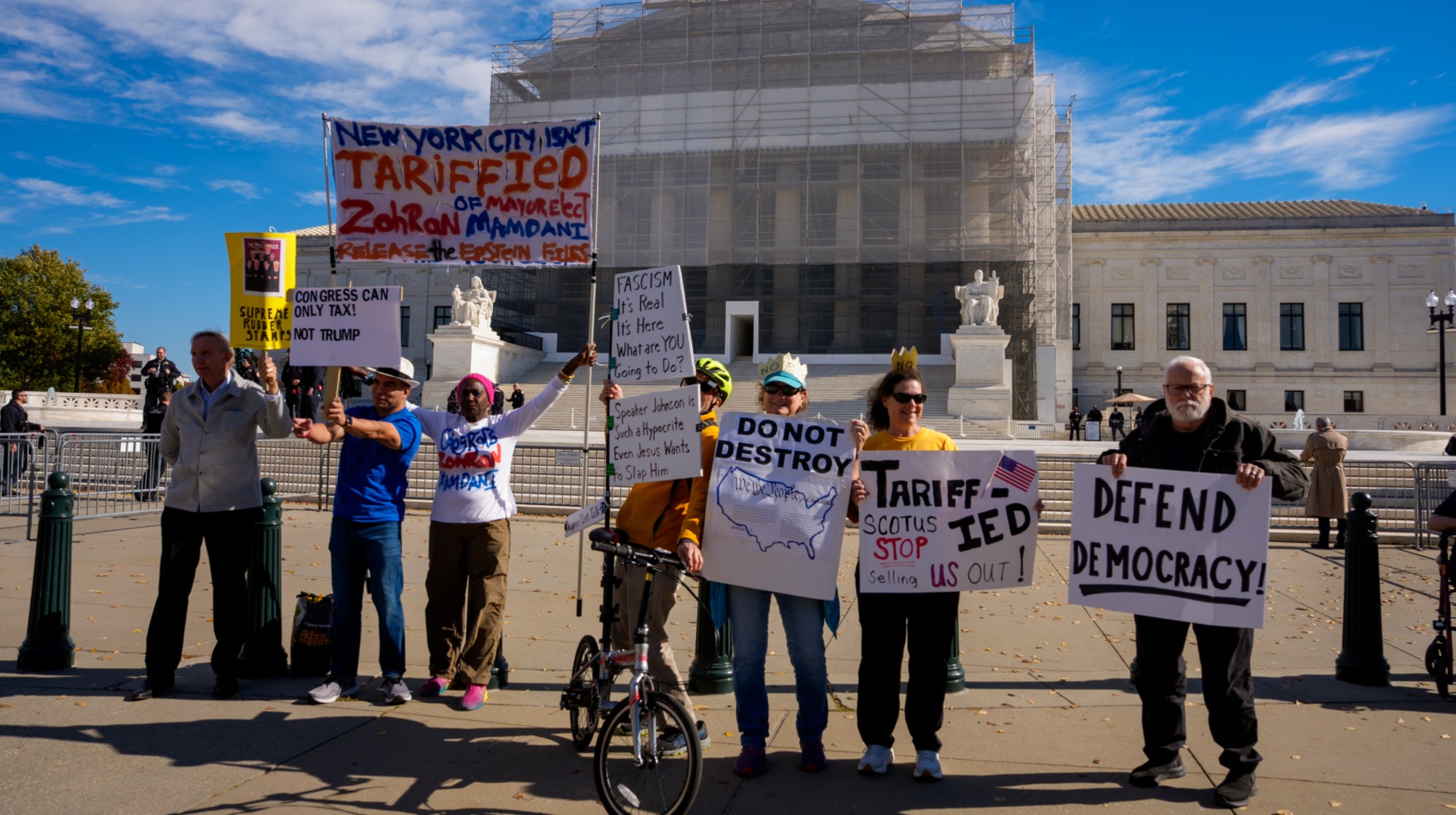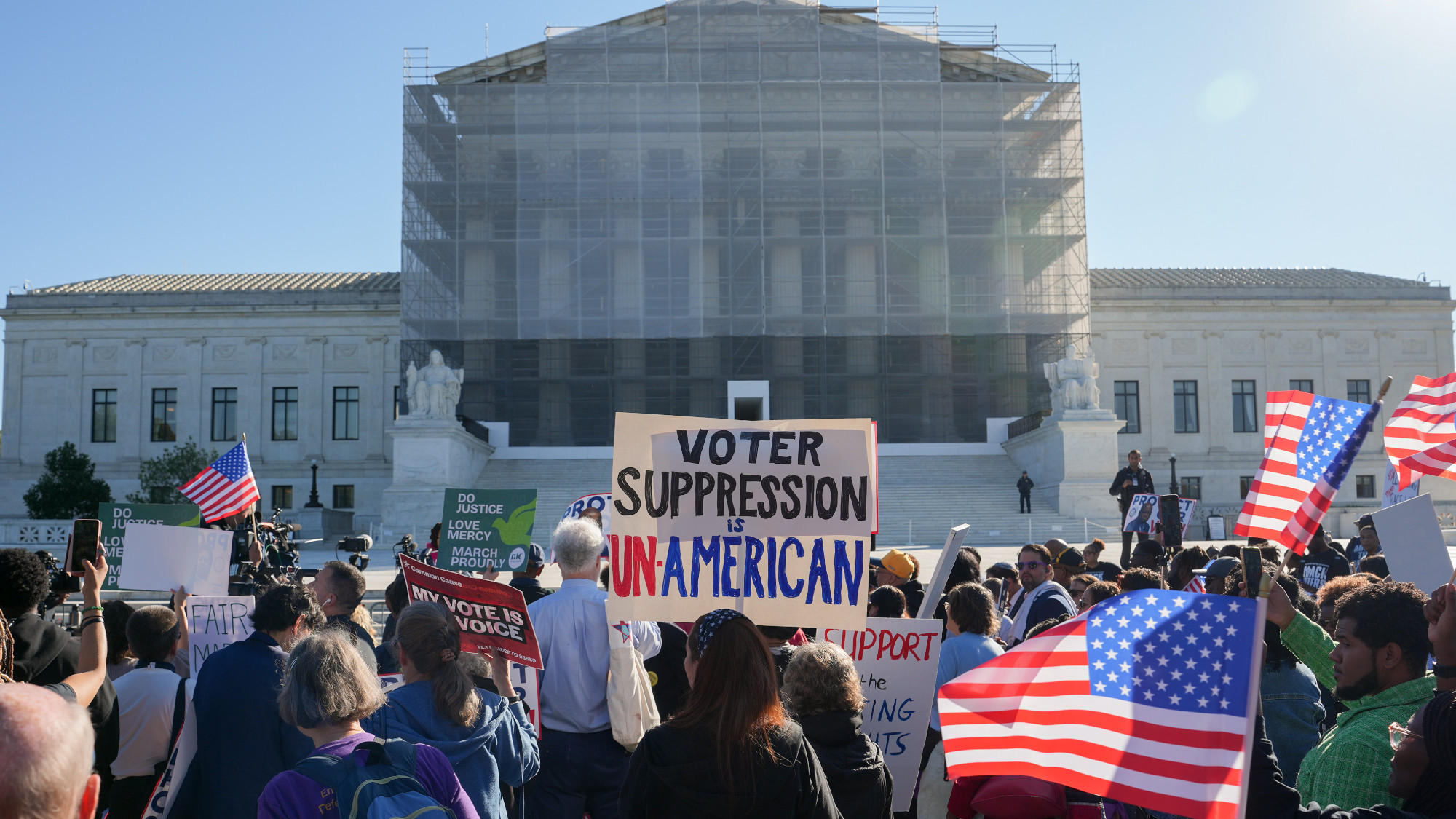How Democrats can make Republicans pay for Justice Gorsuch
When Democrats return to power, they must expand the Supreme Court to 11 and fill the extra seats with the most divisive, outrageous liberals


Sometime this spring or summer, Neil Gorsuch is likely to be confirmed to the United States Supreme Court, filling the vacancy created last winter by the sudden death of Antonin Scalia. Even if Democrats can sustain a filibuster against his nomination, Senate Republicans are likely to change the chamber's rules to approve him by a simple majority. In other words, Gorsuch is almost certainly a done deal.
That could be the end of it. But it shouldn't be.
Gorsuch is by all accounts a respected jurist with an unimpeachable pedigree, albeit one characterized by a lunatic judicial philosophy that treats the Constitution as a divine revelation whose words should be interpreted with Biblical literalism. Had Senate Republicans fulfilled their unambiguous constitutional duty by confirming the centrist Merrick Garland to the Supreme Court last year, Gorsuch could likely have filled the seat of a retiring conservative like Clarence Thomas or Anthony Kennedy more or less without incident. Had Garland been confirmed and someone like Ruth Bader Ginsburg retired sometime in the next four years, Trump could probably have had Gorsuch confirmed to replace her, too, although the vote might have been close.
The Week
Escape your echo chamber. Get the facts behind the news, plus analysis from multiple perspectives.

Sign up for The Week's Free Newsletters
From our morning news briefing to a weekly Good News Newsletter, get the best of The Week delivered directly to your inbox.
From our morning news briefing to a weekly Good News Newsletter, get the best of The Week delivered directly to your inbox.
That is not, however, where we find ourselves.
Republicans cynically refused to even hold hearings last year for Garland, a respected judge who was confirmed by the Senate to the D.C. Court of Appeals in 1997, 76-23. Senate Majority Leader Mitch McConnell and his allies announced that Obama would not to get to fill Scalia's seat, even as the arch-originalist's body was still cooling in Texas. In so doing, they invented a preposterous new norm that presidents may only appoint Supreme Court justices in the first three years of a four-year term. This appeared to be an unwise gamble when Trump clinched the GOP nomination, and it looked to most observers like Hillary Clinton was cruising toward the presidency. But President Trump's improbable, thread-the-needle election victory turned cynical dreams into corrosive reality.
Gorsuch's seat was stolen by a craven act of democratic sabotage, and he will always be sitting in a chair reserved for the nominee of a Democratic president. He is illegitimate today, and he will be illegitimate 20 years from now. The fact that he is willing to accept a stolen Supreme Court seat does not speak well of his underlying character. Nicking a Supreme Court seat is not a victimless crime.
Democrats, therefore, must be prepared to play the kind of SCOTUS hardball not seen in nearly a century if they are to recover their rightful share of power on the Court.
A free daily email with the biggest news stories of the day – and the best features from TheWeek.com
It is impossible to know when Democrats might regain total control of the U.S. government. But assuming that American democracy survives the high-stakes stress test of a Trump presidency, they will at some point find themselves in the commanding position the Republicans are in now. And when they do, they should be prepared to pass a law expanding the number of seats on the Court from nine to 11 and to fill the two extra seats with the most divisive, outrageous liberals in the federal judiciary.
These people should make Sonia Sotomayor look like Antonin Scalia — legal thinkers inclined to perform creative readings of the Constitution to find the right to, say, equal funding of public education in the United States Constitution.
Skeptics might object: Isn't court-packing a dangerous scheme that failed once before? Wouldn't such a plot precipitate yet another constitutional crisis? Yes and no.
Most Americans surely remember, if somewhat dimly, the story of FDR's court-packing plan in 1937. President Roosevelt had grown weary of seeing important features of the New Deal struck down by the Court, including the National Recovery Administration. However, most Americans probably believe that the court-packing plan failed because it was illegal.
On the contrary, the number of justices on the Court is set by law and not by the Constitution itself. There were six justices in 1790, and 10 in 1863. As with the U.S. House of Representatives, Congress during the 19th century expanded the Court to keep up with the growing population and the expansion of circuit courts. FDR's plan failed when his own allies in Congress determined that the political price would be too high, not because it was unconstitutional. At the time, this was a sensible calculation — FDR remained in office long enough to push the ideological center of the Court to the left for a generation and he got most of what he wanted anyway.
Today, however, the partisan temperature is higher than readings on the surface of Mercury. Members of our two parties can barely be seen lunching together without receiving an outraged primary challenge.
For sure, expanding the Court is an extreme measure. Prior to embarking on such a path, the next Democratic president could offer a bargain: Instead of enlarging the Court, one conservative jurist could resign, allowing the seat to be filled by a President Gillibrand or Warren or Murphy. In return for this good-faith effort, Democrats would then introduce reforms designed to permanently eliminate destructive and divisive Supreme Court brinksmanship from our politics.
How can Democrats and Republicans settle their differences over this issue?
Ultimately, there is only one way to lower the stakes of Supreme Court appointments, and to lower the stakes surrounding vacancies: passing a Constitutional amendment fixing the terms of justices. Various proposals have been floated, including one to cap a justice's total tenure at 18 years. If every president was constitutionally entitled to appoint two justices per four-year term, we would never again be brought to the brink of a needless crisis by the whims of the Senate majority.
America is an outlier in offering Supreme Court justices lifetime appointments. Justices on the British High Court, for example, must retire at 70. The inherent importance of these battles for present and future policymaking mean that presidents have been appointing younger and younger justices, hoping that they can stay on the job for 30 or 40 years and exit the Court feet first, cementing the president's political legacy long after he or she leaves office. While there is nothing necessarily wrong with appointing legal Doogie Howsers to the Court, these are certainly not the incentives that the Framers intended to put into place.
If the GOP leadership was serious about rebuilding America's tradition of bipartisanship, they would appoint Garland to the Supreme Court, and then hold the Gorsuch nomination to fill the seat of one of the conservative justices who would almost certainly like to retire. It might cost them a year or two of controlling the Court, but the upside would be a reduction in D.C.'s no-holds-barred political warfare, which voters detest and generally leads to lousy policy outcomes.
But there is nothing serious about today's Republican Party. GOP leaders pursued the political equivalent of the Samson Option — obliterating the façade of American democracy to prevent Democrats from holding a majority on the Court for even a short period of time. Perhaps worse, to achieve their desultory goals they partnered with a bumbling, unprepared, and unstable proto-tyrant whose very existence in the White House each day represents an unprecedented threat to life on Earth.
Compared to this reckless brinksmanship in the service of human depravity, adding two seats to the Court should hardly raise an eyebrow. As the behavior of this Republican Party suggests, if Democrats don't do it, their opponents someday will.
And as our illustrious president teaches us, it's usually better to be first.
David Faris is a professor of political science at Roosevelt University and the author of "It's Time to Fight Dirty: How Democrats Can Build a Lasting Majority in American Politics." He's a frequent contributor to Newsweek and Slate, and his work has appeared in The Washington Post, The New Republic and The Nation, among others.
-
 The doctors’ strikes
The doctors’ strikesThe Explainer Resident doctors working for NHS England are currently voting on whether to go out on strike again this year
-
 5 chilling cartoons about increasing ICE aggression
5 chilling cartoons about increasing ICE aggressionCartoons Artists take on respect for the law, the Fourth Amendment, and more
-
 Political cartoons for January 24
Political cartoons for January 24Cartoons Saturday's political cartoons include 3D chess, political distractions, and more
-
 The billionaires’ wealth tax: a catastrophe for California?
The billionaires’ wealth tax: a catastrophe for California?Talking Point Peter Thiel and Larry Page preparing to change state residency
-
 How robust is the rule of law in the US?
How robust is the rule of law in the US?TODAY’S BIG QUESTION John Roberts says the Constitution is ‘unshaken,’ but tensions loom at the Supreme Court
-
 Bari Weiss’ ‘60 Minutes’ scandal is about more than one report
Bari Weiss’ ‘60 Minutes’ scandal is about more than one reportIN THE SPOTLIGHT By blocking an approved segment on a controversial prison holding US deportees in El Salvador, the editor-in-chief of CBS News has become the main story
-
 The ‘Kavanaugh stop’
The ‘Kavanaugh stop’Feature Activists say a Supreme Court ruling has given federal agents a green light to racially profile Latinos
-
 Supreme Court to decide on mail-in ballot limits
Supreme Court to decide on mail-in ballot limitsSpeed Read The court will determine whether states can count mail-in ballots received after Election Day
-
 Trump tariffs face stiff scrutiny at Supreme Court
Trump tariffs face stiff scrutiny at Supreme CourtSpeed Read Even some of the Court’s conservative justices appeared skeptical
-
 Has Zohran Mamdani shown the Democrats how to win again?
Has Zohran Mamdani shown the Democrats how to win again?Today’s Big Question New York City mayoral election touted as victory for left-wing populists but moderate centrist wins elsewhere present more complex path for Democratic Party
-
 Voting Rights Act: SCOTUS’s pivotal decision
Voting Rights Act: SCOTUS’s pivotal decisionFeature A Supreme Court ruling against the Voting Rights Act could allow Republicans to redraw districts and solidify control of the House
